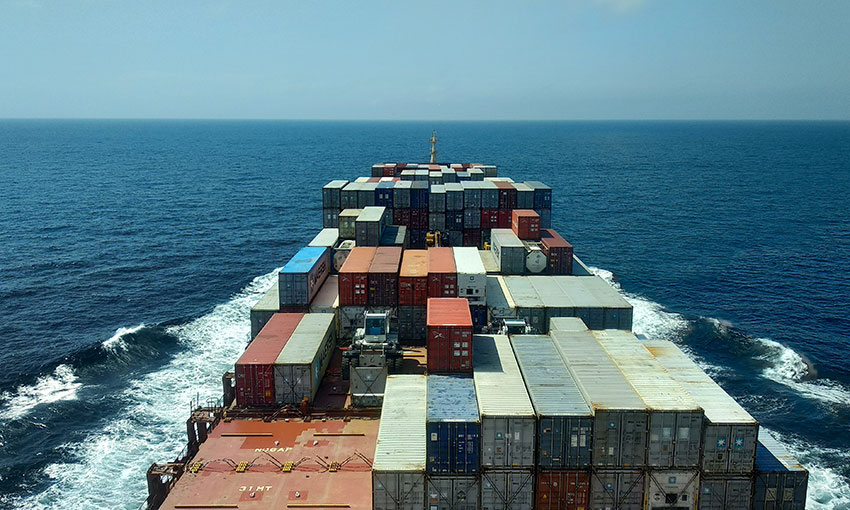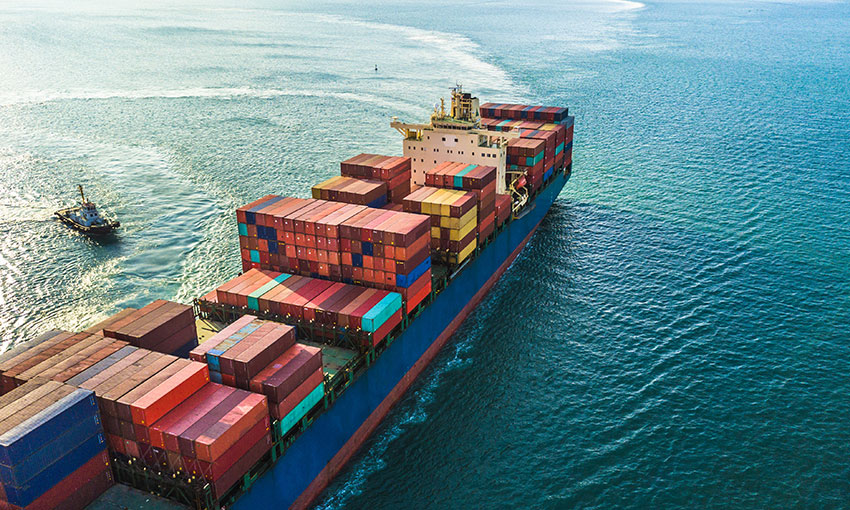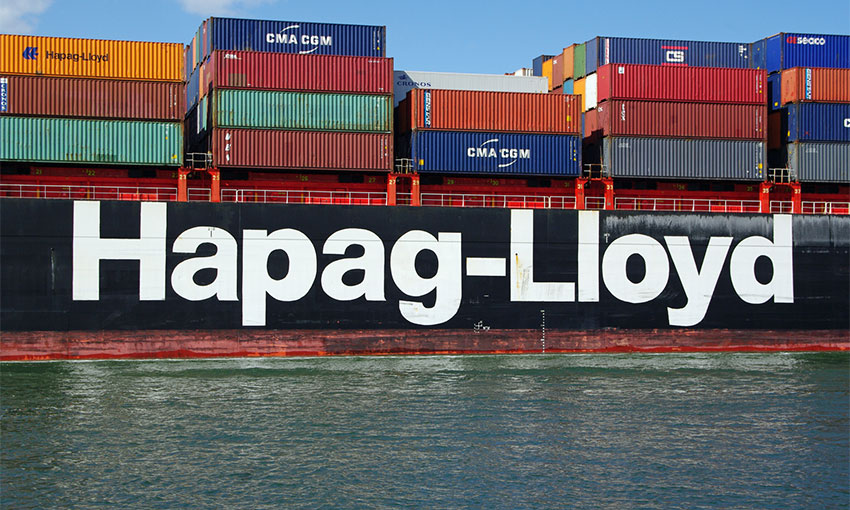OLDENDORFF, Hapag-Lloyd and ONE are among nine companies that intend to develop a book-and-claim chain of custody systems to speed up early phases of maritime decarbonisation.
Yara Clean Ammonia, Kuehne+Nagel, DHL Global Forwarding, Norden, Torvald Klaveness and Aspen Shipping Decarbonization Initiative have also signed the joint statement.
The signatories are on the Getting to Zero Coalition, which has been exploring book-and-claim chain of custody approaches as part of its goal to fully decarbonise the shipping industry.
The Global Maritime Forum, which manages the coalition, said: “book-and-claim chain of custody systems allow the emission profile of a zero- and near zero-emission fuel to be separated from the physical flow of that fuel in a transportation supply chain”.
It said the systems can enable early action even when zero and near-zero emission fuels and vessels are in limited supply. The systems separate decarbonisation from the physical transportation of an organisation’s cargo.
“In a book-and-claim system, the environmental benefits of zero and near zero-emission fuels are tracked and transferred across the maritime value chain,” GMF said.
“One party can purchase, or book, a specific quantity of zero or near zero-emission fuel and then claim the environmental benefits of it even though the fuel is physically used by another shipper in a different location.
“By activating early demand from shippers and cargo owners, these systems can help shipowners and fuel providers develop a business case for decarbonisation even while preferred fuel pathways are still being determined.”
The joint statement sets out signatories’ intended actions to ensure book-and-claim chain of custody systems succeed.
The signatories committed to working together to agree on the use of clear and consistent rules wherever possible and maintaining the highest standards of environmental, social and commercial integrity.
It also calls on non-industry actors like the Greenhouse Gas Protocol and the Science Based Targets initiative to recognise book and claim approaches as credible emissions reductions.
“Book-and-claim systems are going to be essential tools for getting decarbonisation of shipping moving, but they remain poorly understood, and their development risks getting bogged down in confusion and suspicion,” GMF project director Jesse Fahnestock said.
“With this statement, some of the most important companies in international shipping are committing to making book and claim systems transparent, well-aligned and environmentally credible for their customers and stakeholders.
“And they’re calling on other key players, like the Greenhouse Gas Protocol, to create a pathway for acceptance. It can’t happen soon enough.”
According to GMF, to avoid conflicts between the International Maritime Organization regulations and book and claim systems, the signatories argue the IMO must adopt a full life cycle, or well-to-wake, accounting of greenhouse gases.
The statement calls on the IMO, whose Marine Environment Protection Committee is meeting this week, to implement well-to-wake accounting in its own policy measures for decarbonisation.





